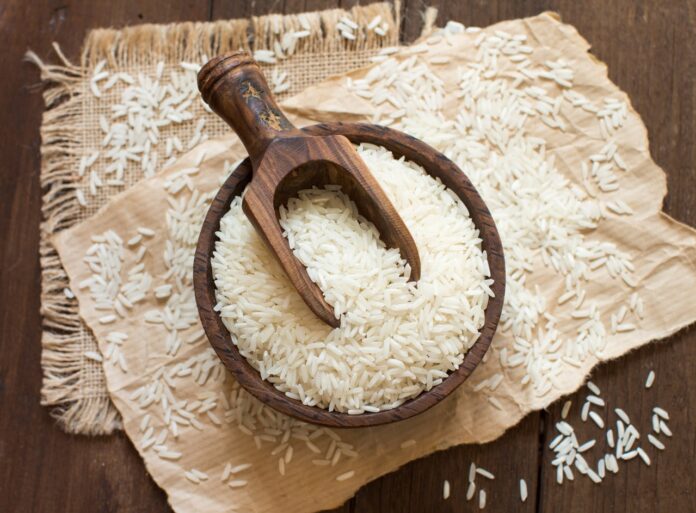Tags
Pakistani rice exporters face uncertainty as India eases export restrictions
By Monitoring Desk

LAHORE: The Indian government’s recent move to eliminate the minimum export price for basmati rice and relax restrictions on non-basmati rice exports has left Pakistani rice exporters anxious. These changes, which take effect in September 2024, threaten to disrupt the gains Pakistan made under previous restrictions.
In fiscal year 2024, Pakistan exported rice worth approximately $3.9 billion, a substantial increase from $2.15 billion in FY23, largely due to India’s export limitations. Now, with India removing the price floor and export caps, Pakistan—India’s main competitor in the global basmati market—faces potential setbacks.
Previously, India enforced a minimum export price (MEP) of $1,200 per tonne for basmati rice to stabilize local prices and secure domestic supply. However, mounting pressure from exporters and declining international demand led to this policy change. The lifting of non-basmati rice export restrictions, initially implemented to control domestic inflation, adds to Pakistan’s concerns.
Industry experts warn that Pakistan, the world’s second-largest basmati rice exporter, could struggle to maintain its competitive edge. Historically, Pakistan has thrived on its reputation for high-quality rice, especially in European and Middle Eastern markets where its rice is favored for its distinctive aroma. However, with India now positioned to export rice at lower prices, Pakistani exporters might have to cut their prices or risk losing market share.
A spokesperson from the Rice Exporters Association of Pakistan (REAP) stated, “We have formally requested the Trade Development Authority of Pakistan (TDAP) to lower the MEP for basmati rice from $1,300 per tonne to around $900. Six months have passed without any action.”
Concerns grow that Pakistani exporters may struggle to maintain current export volumes if India floods the market with more affordable basmati rice. Experts note that Pakistani basmati typically commands a price 10-15% higher than Indian varieties due to higher production costs and export taxes.
“This is a strategic maneuver to regain India’s foothold in crucial markets, creating significant pricing pressure on Pakistani basmati,” commented agricultural economist Fareed Ansari. “Pakistan has traditionally relied on quality to justify higher prices, but this latest development might compel exporters to lower prices or seek new markets.”
In the 2022-23 period, India exported rice worth over $11 billion, with basmati contributing $4.8 billion. Meanwhile, Pakistan’s rice exports totaled $2.15 billion. In 2023-24, India’s basmati exports surged to $5.9 billion, while Pakistan reached around $3.9 billion.
With India’s export restrictions lifted, Pakistani non-basmati rice exports could also face challenges, particularly in African and Southeast Asian markets where both countries vie for market share. However, some analysts believe the outlook may not be as bleak as anticipated.
“While Pakistani basmati rice exports might remain stable in volume, we could see a decline of up to $400 million in annual revenues,” noted Hamid Malik, Co-Founder of the Agriculture Policy Research Institute. He suggested that India’s decision could be politically motivated, especially with state elections approaching in Haryana, a major rice-producing region. “This policy may change after the elections, but it’s worth remembering that Pakistan holds only about 20% of the global basmati market, albeit with a strong reputation in the Gulf, EU, and U.S.”
Malik further indicated that global rice prices are on a downward trend, with Indian farmers struggling to sell their basmati at $950 per tonne, leading to the removal of the price floor. Meanwhile, Pakistani basmati is still priced just below $1,000 per tonne.
Experts advise that Pakistan should focus on marketing and innovation to enhance its presence in premium markets, as competing with India solely on price may not suffice. Additionally, exploring new trade agreements or strengthening existing ones could be beneficial.
https://profit.pakistantoday.com.pk/2024/09/22/pakistani-rice-exporters-face-uncertainty-as-india-eases-export-restrictions/Published Date: September 23, 2024






